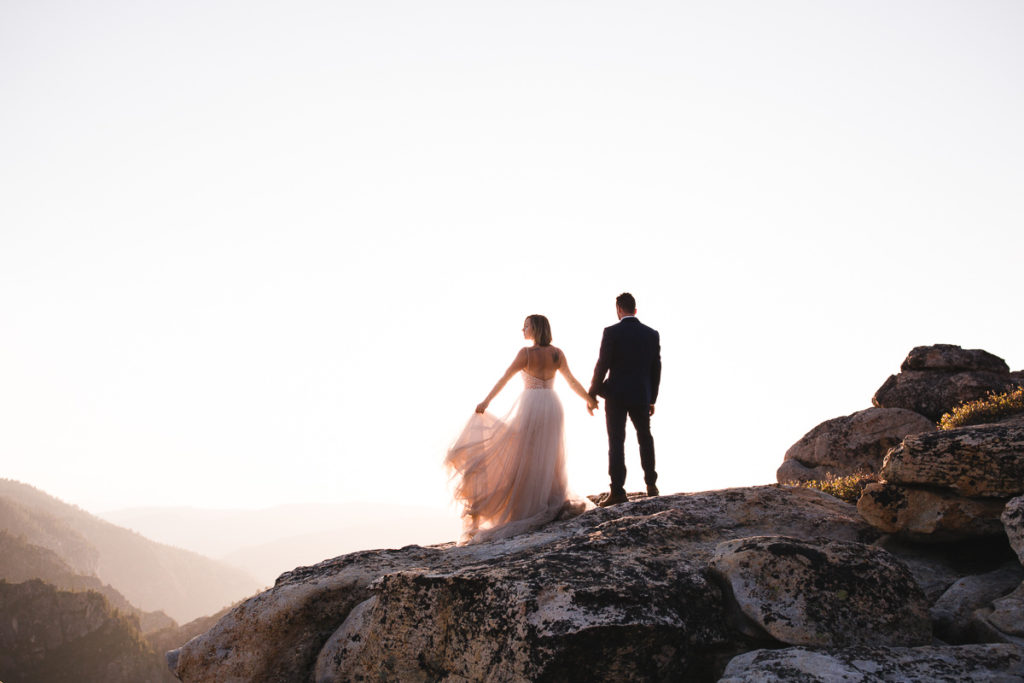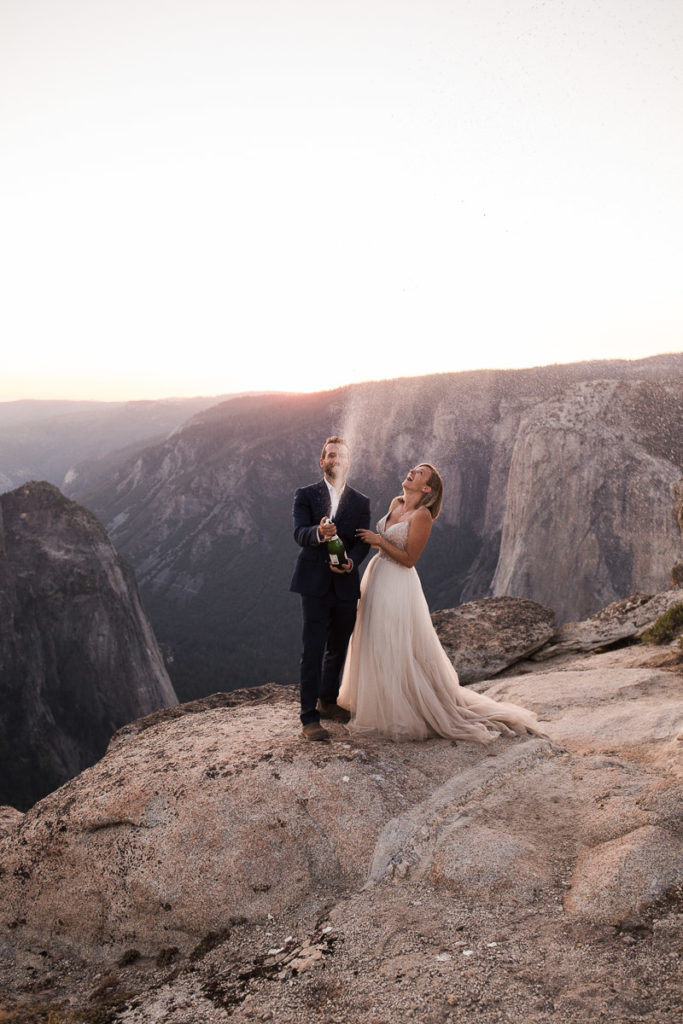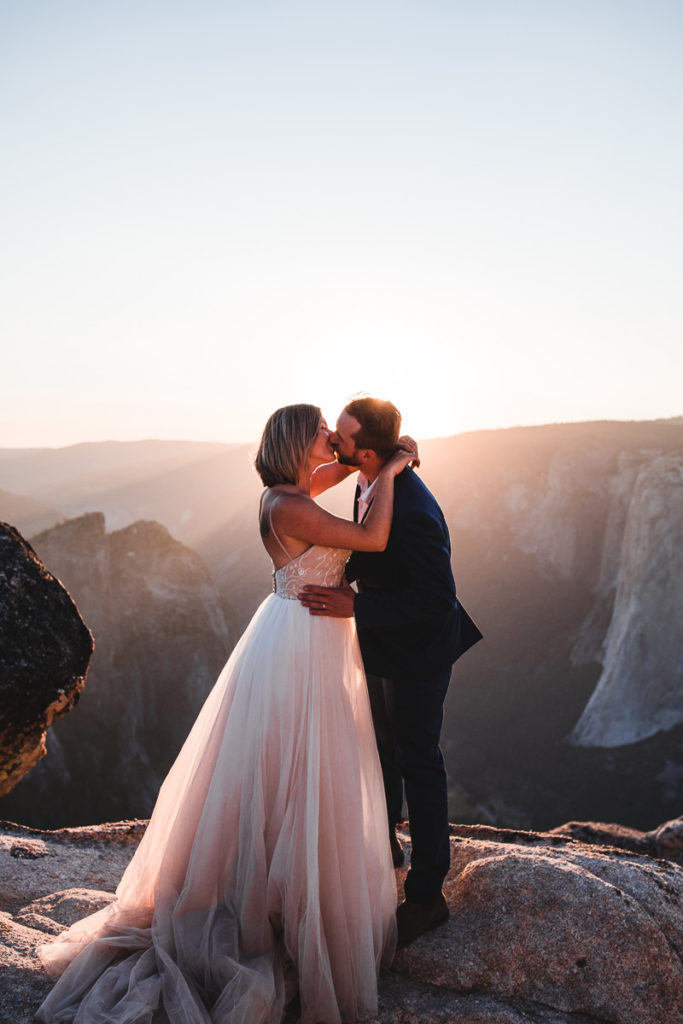Updated December 2022

With all the excitement that comes with planning an elopement, some bare-bones basics tend to get lost in the shuffle. Like, you know, the rules—especially if your plan is to elope in a different state. Since marriage is technically managed by the government (weird, I know), there are some strict laws to abide by when looking to get married in a jiffy across state lines.
In the United States, laws regarding waiting periods, age requirements, and number of witnesses vary by state. The best way to get the official, most up-to-date information on these details is to check the government website for the county and state you’re getting married in, as these laws can change from time to time.
Without further ado, here’s a simple checklist list to keep handy as you plan to elope in a different state.
- Apply for your marriage license
Visit the state and/or county’s website in which you’re getting married (make sure the site ends in “.gov”). Some courthouses let you apply online, and some require you to go in person. If you must apply in person, plan extra travel time for this, and see if you need to make an appointment, as some courthouses don’t allow you to just show up.
Check to see what kind of payment the courthouse accepts (some still only take cash, believe it or not) and have all forms of required ID when you go—both of you. Except for very rare occasions, both parties need to be present at the time of application.

- Determine if there’s a waiting period
When travel is involved, it’s crucial to determine if there’s a waiting period between when you apply for the marriage license and when you can pick it up. Why? While some states have no waiting period— meaning you can apply for and obtain your marriage license the same day that you intend on saying “I do”—others have certain numbers of days that you must wait.
For example, if you’d like to elope to Alaska, be sure to front load your trip with three extra days, as this is how long it takes to receive a marriage license there. Thinking of a Charleston elopement? South Carolina has a one-day wait. Miami? That depends on if you’re a Florida resident (three days) or non-resident (zero days).
I think you understand the assignment.
- Filing the marriage license
Your marriage license gets filed in the state—specifically, the county—you get married in, not the state you reside in. This applies to all 50 states. And to clear up a ton of confusion, you don’t need to be a resident of the state in which you’re eloping in order to get married there.
You do, however, need to get married in the state where you apply for the marriage license—marriage licenses don’t transfer from state to state, meaning you can’t apply for one in New Jersey and then try and have a legal ceremony in New York.

- Marry yourselves
California, Colorado, Pennsylvania, and Washington, DC all have ways for you to marry yourselves, which is called self-solemnization. Each has different requirements and paperwork, so definitely check the appropriate courthouse website before heading to do the dang thing yourselves.




